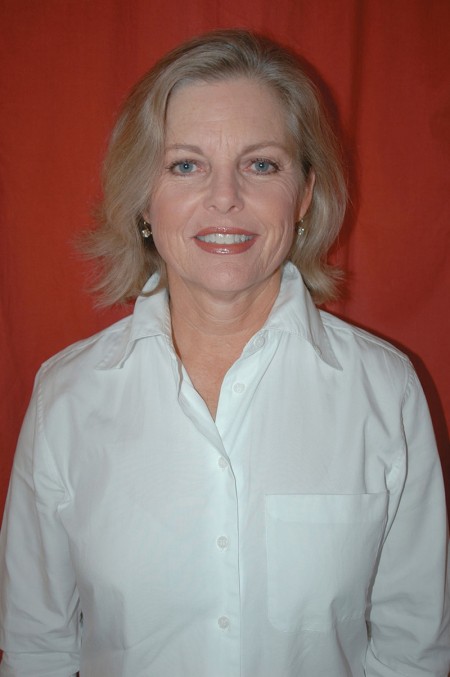Field of Dreams
As I sat in front of the television watching the Winter Olympics I couldn’t help thinking about all the hours and hours of practice—actually all the years of training—that go into preparation for sports. I observed many parents on the sidelines cheering for their kids, and I thought about all the lessons and classes and practices that they had probably attended and watched (not to mention all the money they paid for them). The Olympians come from all countries and all walks of life, but the common denominator has to be an intense desire to compete.
To do anything consistently well, a person must be passionate about what he or she is doing. You have to love the training, the long hours of practicing, and the overall process of improving and trying to reach your goals. Without passion for a sport, the flame burns out over time. No amount of pushing, cajoling or enticing someone else to perform in athletics amounts to a “hill of beans” without that person wanting it for himself. I think the same thing applies to kids in organized sports. The ones with true desires to pursue their interests will let their parents know on their own time.
When Nolan and I were living in California in the 1970s, I read an article about a father who had been a football star at USC. He married his sweetheart, and when their son was born, the father decided to “groom” the boy to become a professional football player. The father felt that with his genetics, his expertise of football, and training techniques that he could mold the son to follow in his footsteps and eventually make his son become a pro. He didn’t allow the boy to eat candy, junk food, or sodas, and he pushed him to practice all the time. It was no wonder that the son suffered “burn out” and ended up quitting college altogether.
At the other end of the spectrum, Hall of Famer Rod Carew grew up in a poor neighborhood in Panama. He was a skinny kid who spent hours of his childhood hitting a tennis ball with a broomstick, and in later years, just swinging a bat in front of a mirror. Here was a kid with a true passion for his sport of baseball, and baseball eventually became his ticket out of Panama to a better life.
Having grown up playing sports ourselves, Nolan and I were excited when our kids showed similar interests. But, we would have been happy if they had pursued other interests such as art or music. We both agreed that being a participant in athletics was a lot easier than being a spectator and that it was difficult not to get carried away in the “heat of competition.” During one of our older son’s high school basketball games, Nolan was caught up in the excitement of the game and yelled out something to Reid about “guarding his man.” Reid then stopped while running down the court, looked up into the bleachers and yelled back, “I’m trying, Dad!” That put an end to any more coaching from the sidelines. Smart boy, that Reid...
If an athlete has supportive parents, then he is truly blessed. But no amount of money for lessons, elite leagues or special coaching can transform a person into a collegiate or professional athlete (or anything they don’t have the passion in their heart to be). Most athletically gifted children put enough pressure on themselves to succeed without having more from parents or coaches. And, it’s hard enough to be a teenager these days without being forced to perform or succeed in a sport just for the sake of obtaining a college scholarship. Money for training or traveling could just as easily be put into a college savings fund.
I have always believed that making good grades in school and excelling in a sport can be a venue for achieving a college education; that can be good incentive, especially for someone who lacks the funds for college. Also, participating in sports can teach valuable life lessons such as getting along with others and respecting elders, learning responsibility and accountability, and playing fairly and honestly. But, bottom line—the student athlete has to want this for himself in a big way. If we parents can gently guide without pushing, then I think that our children will passionately follow their own dreams, in their own ways.
Editor's Note: Ruth Ryan is a contributing writer for The Buzz Magazines and wife of baseball Hall-of-Famer, Nolan Ryan.
Want more buzz like this? Sign up for our Morning Buzz emails.
To leave a comment, please log in or create an account with The Buzz Magazines, Disqus, Facebook, or Twitter. Or you may post as a guest.



